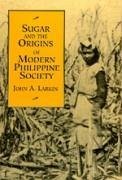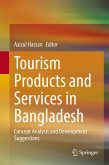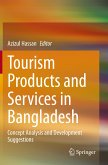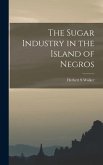The sugar industry has been a vital part of the economic and social life of modern Philippine society. John A. Larkin examines how both the Filipino people and colonizing forces participated in this industry and how two types of society emerged: one based on plantation agriculture, the other on tenant farming. Negros Occidental and Pampanga, the most important sugar-producing regions, are the focus of Larkin's study. Examining the rise of the elite plantation-owning class, the subsequent gap between the extraordinarily wealthy and the impoverished, and the nation's dependence on the international market, Larkin concludes that the sugar industry resulted in stunted economic development, wide cleavages among the Filipino people, and an imbalance of political power--all effects that are still felt today.







